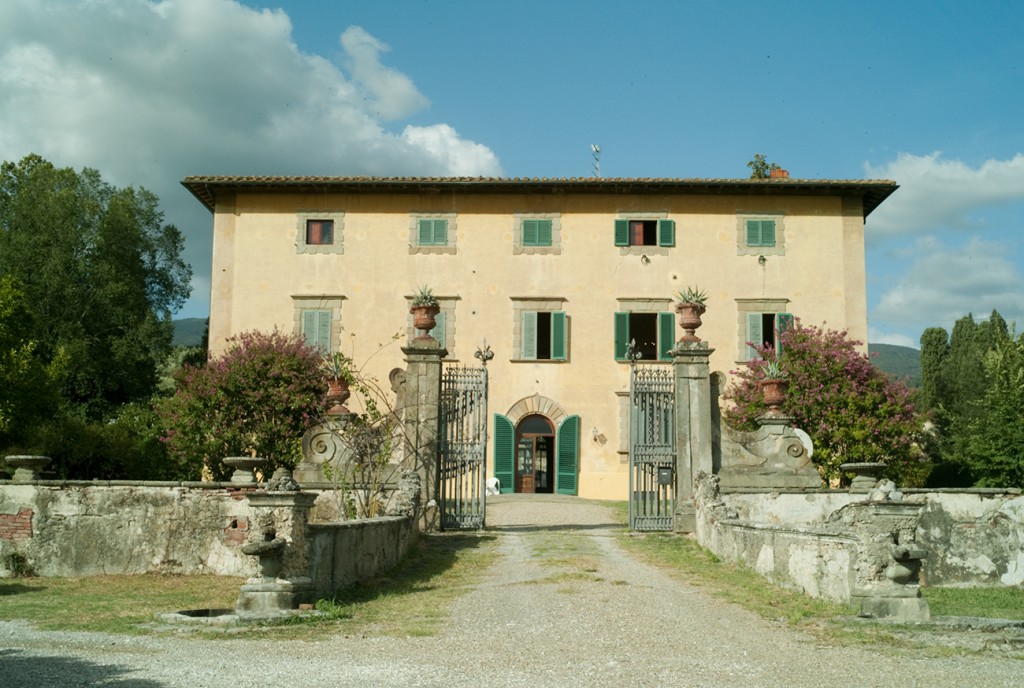The mid-term break here at the Aegean Center on Paros has drawn to a close. The first day of the rest of the session begins tomorrow with our Monday morning meeting, and back to work we go. As usual, most of the students went traveling, as they should, and many came back in time to knuckle down and get back into the swing of things before the final push begins: 31 days until the student exhibit and I, for one, have not done enough. Granted, I have been shooting a lot of film and developing it, but my digital projects have slowed and I haven’t been printing as much as I should. I am not worried, however, as I know what and how much I can do and how to accomplish these tasks, but the newer students are just now acclimating to the idea that they are here to work as well as explore. First the push, then the crunch and before anyone knows it, it is time to say ‘farewell’ to Paros, unless they are lucky enough to return in the spring, a session that breathes at a different rate then the fall.
As I write this dispatch from Pebble’s Jazz Bar, overlooking the quiet bay of Paroikia, in America the election for the President slouches towards the the doorsteps of millions, like a wary and red-eyed dog begging for greasy scraps. On Tuesday evening the tally will reveal the overall tenor for the next four years of that country’s leadership and how this beast will be fed. Of course, this election will effect the whole world. If Obama wins, I hope he will have a chance to do more than just clean up his predecessor’s terrible messes. If Romney is chosen to succeed, I fear the world will see what kind of mess can be created by a man with a parochial world view, a medieval stance on civil rights, freedom of speech and a religious background that I, for one, must call cultish at best. I imagine the worst. For a good idea of what this could mean, please feel free to read ‘The Handmaid’s Tale’ by Margaret Atwood. To think that a military theocracy is impossible for the United States in this age is to bury your head in the sand.
The days have been warm and sunny. There has been a shift in the breeze, from south to north, resulting in clearer skies and cooler nights. I am hoping for more rain this week. As the temperature slowly drops this becomes more likely, but the weather report doesn’t list this as a possibility. More good news along with the weather is that the water in the darkroom has dropped to a lovely 21C. This makes my life easier: small mercies for a possible bleak future. I hope Yeats is wrong but poets seldom are.
JDCM




